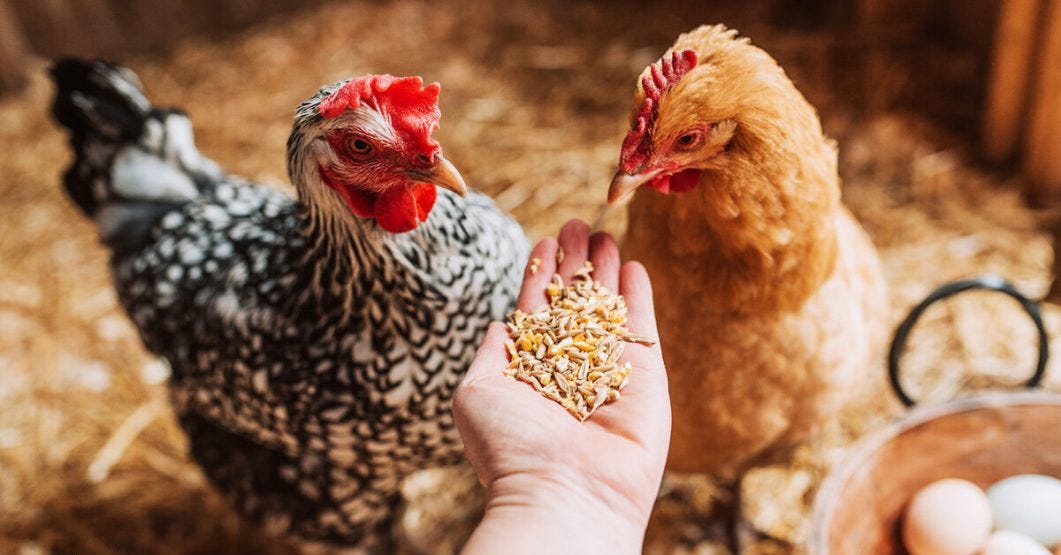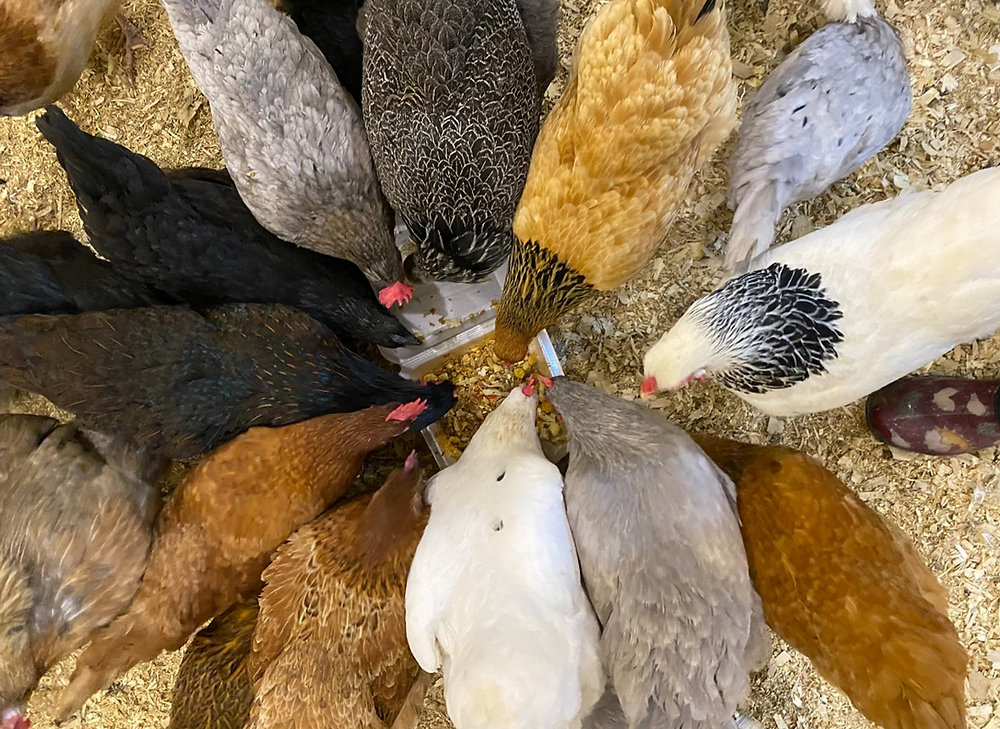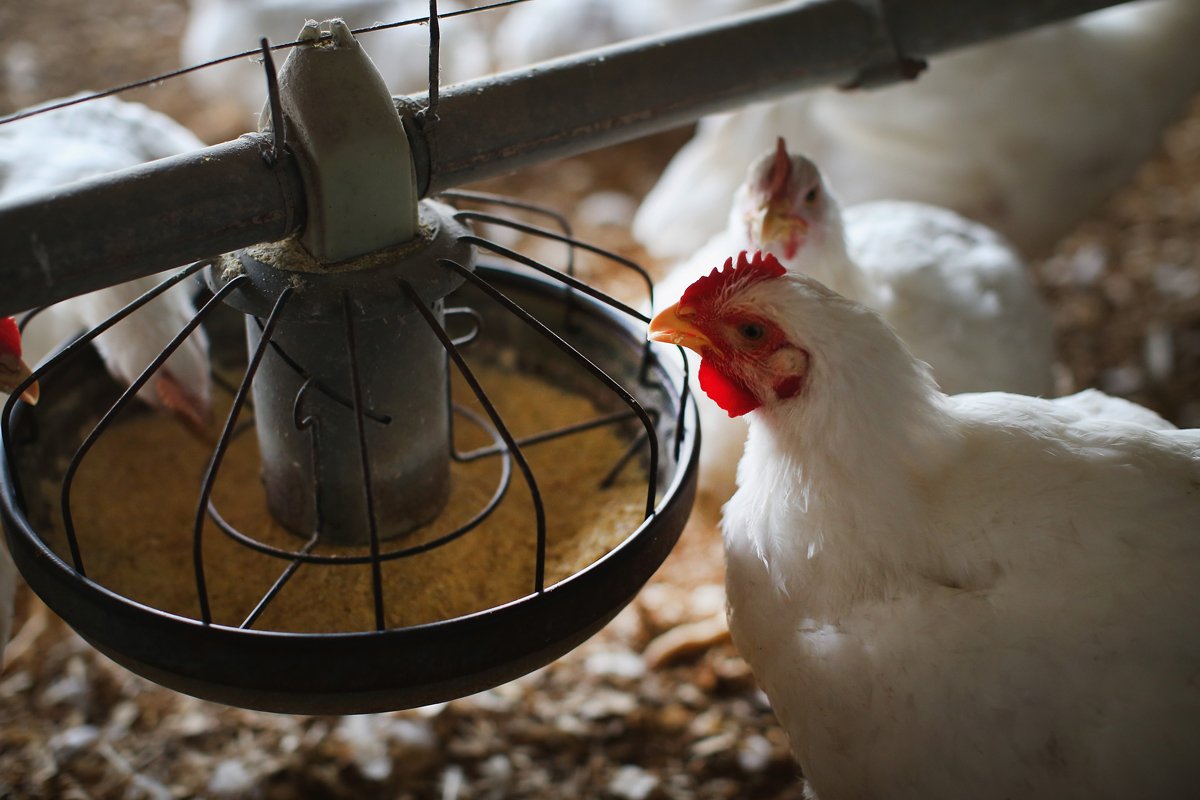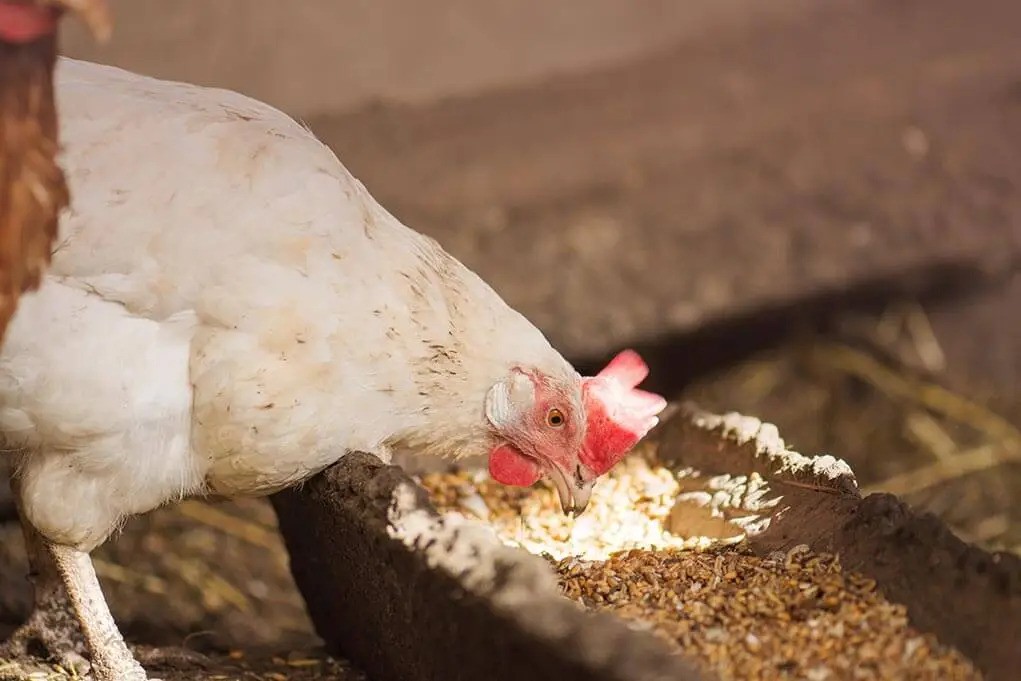Raising chickens organically requires careful consideration of their diet to ensure they receive the necessary nutrients without harmful additives. In this comprehensive guide, we will explore the various options for organic chicken feed, focusing on the best choices to maintain healthy, productive flocks. We’ll also discuss what to feed organic chickens and why selecting the right feed is crucial for their well-being.
Understanding Organic Chicken Feed
What Constitutes Organic Feed?
Organic feed is made from ingredients that are grown without synthetic pesticides, fertilizers, or genetically modified organisms (GMOs). These feeds are certified by organic standards organizations, ensuring they meet specific criteria. Providing organic feed helps in producing healthier chickens and, consequently, healthier eggs and meat.
Benefits of Organic Feed
Using organic feed has numerous benefits, including improved animal health, better egg quality, and reduced exposure to harmful chemicals. Organic feeds often contain a higher percentage of whole grains and natural protein sources, leading to more nutritious outcomes.
Key Ingredients in Organic Chicken Feed

Grains and Seeds
Grains and seeds form the bulk of any chicken feed. Common grains include corn, wheat, barley, and oats. Seeds such as flaxseed and sunflower are also essential as they provide essential fatty acids and vitamins.
Proteins
Protein is vital for chicken growth and egg production. Organic feeds typically use protein sources like soybeans, peas, and alfalfa meal. Fish meal and other animal-based proteins can also be included, provided they meet organic standards.
What to Feed Organic Chickens
Essential Nutrients
To maintain a balanced diet, organic chickens need a mix of carbohydrates, proteins, fats, vitamins, and minerals. Ensuring that their feed includes a variety of these nutrients is key to their health and productivity.
Supplements and Additives
Organic feed can include natural supplements and additives to boost nutrition. Common supplements are calcium, provided through oyster shells or limestone, and probiotics to enhance gut health.
Choosing the Best Organic Feed for Chickens

Evaluating Feed Brands
When selecting the best organic feed for chickens, it’s important to evaluate different brands based on ingredient quality, nutritional balance, and certification. Look for feeds that have been certified by reputable organic organizations.
Quality and Freshness
Always check the quality and freshness of the feed. Fresh feed retains more nutrients and is more palatable for chickens. Store feed in a cool, dry place to prevent spoilage and contamination.
Brand Reputation
Research the reputation of feed brands. Brands with positive reviews and strong reputations are more likely to provide high-quality, reliable products.
Balancing Cost and Quality
While organic feed can be more expensive than conventional feed, it is important to balance cost with quality. Investing in high-quality organic feed will pay off in healthier, more productive chickens.
The Impact of Feed Choices on Egg Quality
Nutrient-Rich Eggs
Chickens fed on high-quality organic feed produce eggs with richer yolks and higher nutrient content. These eggs often contain more omega-3 fatty acids, vitamins, and minerals compared to eggs from chickens fed conventional feed.
Taste and Texture
Eggs from organically fed chickens are often noted for their superior taste and texture. The natural ingredients in organic feed contribute to these enhanced qualities, making them preferable for many consumers.
Considering Ethical and Environmental Factors

Animal Welfare
Feeding chickens organic feed is part of broader ethical farming practices that prioritize animal welfare. Organic standards often include requirements for humane treatment and better living conditions for the animals.
Environmental Sustainability
Organic farming practices are designed to be more sustainable and environmentally friendly. By choosing organic feed, farmers support agricultural methods that reduce pollution and conserve natural resources.
Avoiding Common Pitfalls
Overfeeding and Underfeeding
It is crucial to feed chickens the right amount of feed to avoid health problems associated with overfeeding or underfeeding. Monitor their weight and adjust feed portions accordingly.
Mixing Feeds
Avoid mixing organic feed with non-organic feed as it defeats the purpose of organic farming. Ensure consistency in the type of feed provided to maintain organic integrity.
Conclusion
Selecting the best organic feed for chickens involves understanding the key ingredients, evaluating different brands, and considering both the nutritional needs of the chickens and the ethical implications of feed choices. Providing a balanced, high-quality organic diet leads to healthier chickens and better quality eggs, ultimately benefiting both the farmer and the consumer. By focusing on organic feeding practices, we contribute to a more sustainable and humane agricultural system.
By following this comprehensive guide, you can ensure that your chickens receive the best possible nutrition, leading to a thriving, productive flock.

